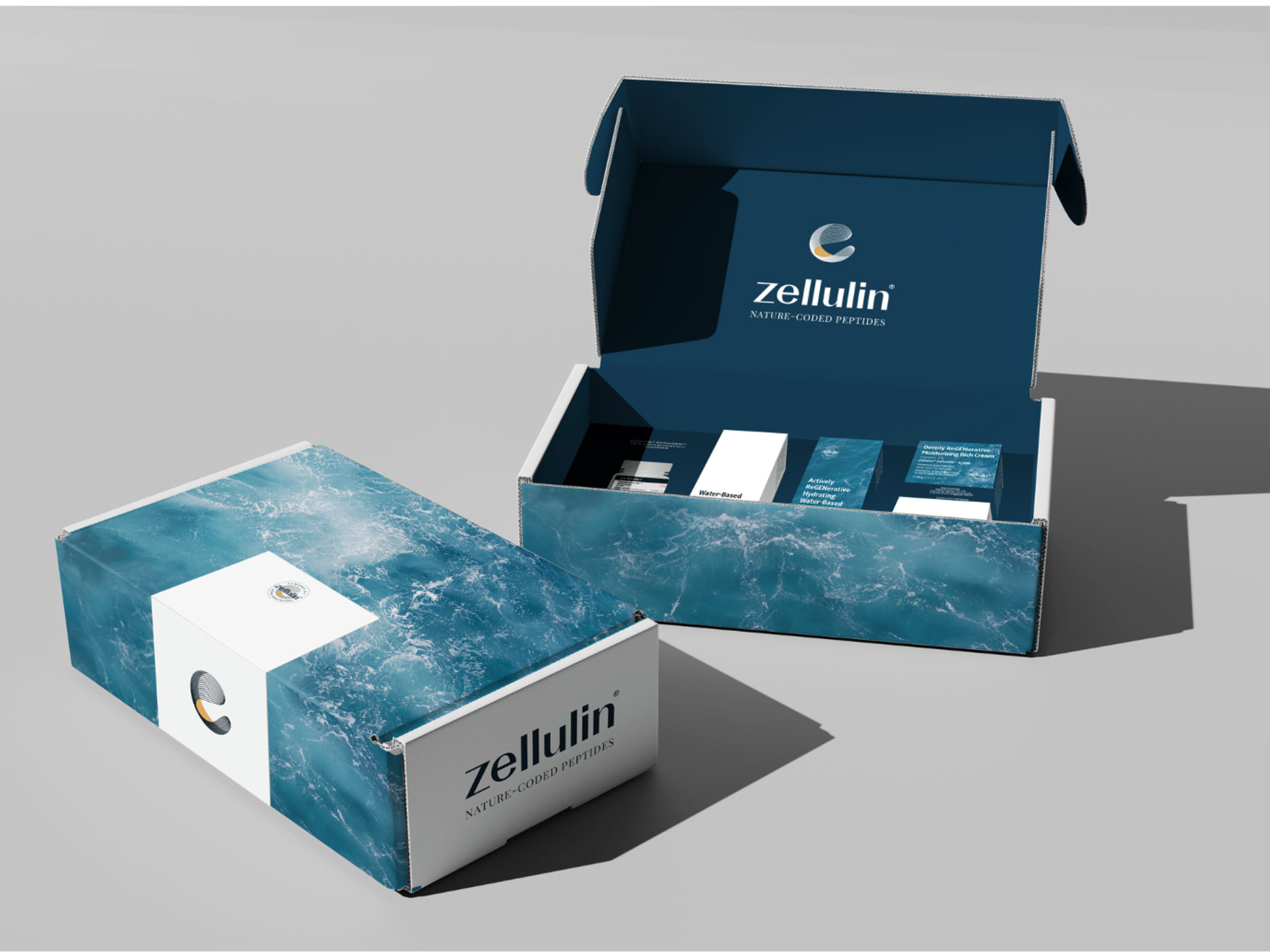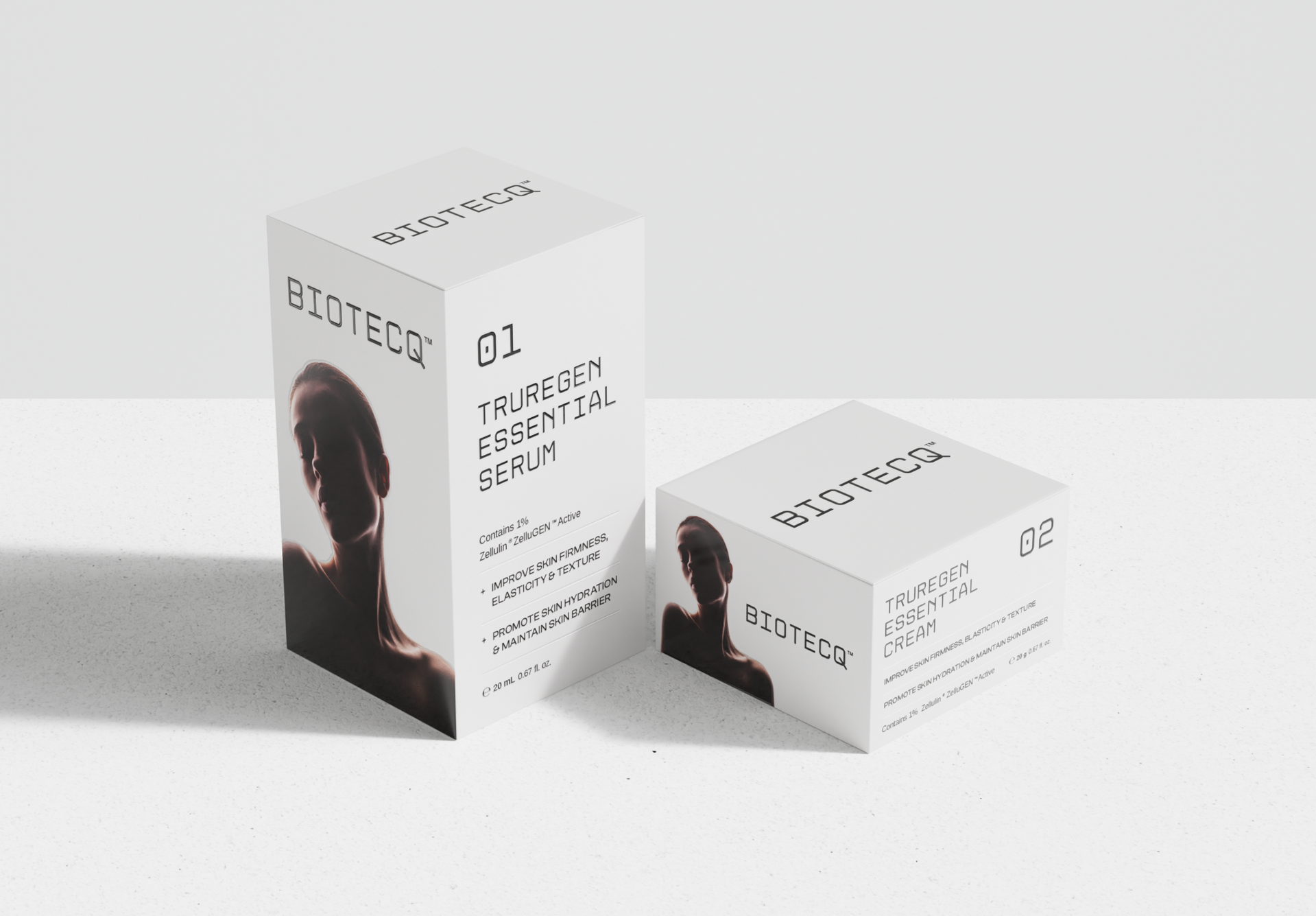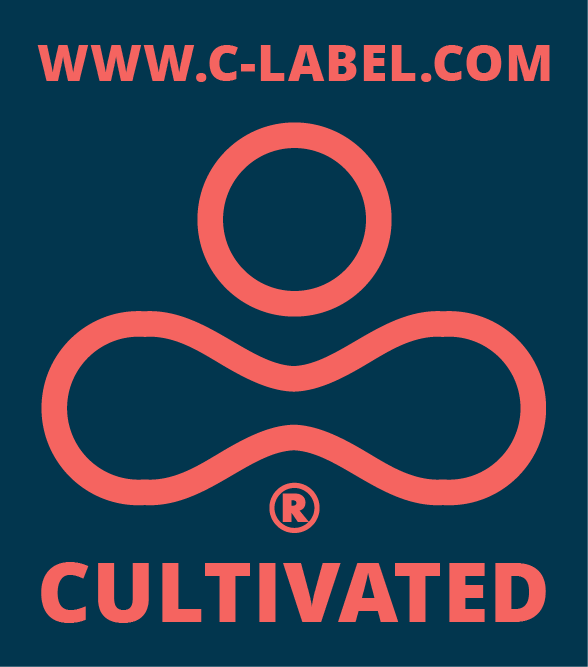
Asian biotech startup Avant has received the C-Label accreditation for its ZelluGen peptide complex, a first for a non-food product.
Aiming to clean up both our skin and the marine peptide industry, Avant’s ZelluGen peptide complex – marketed under its Biotecq brand – has received the first non-food certification from the C-Label.
Launched by Swiss organisation V-Label in January, the C-Label is a globally registered “robust certification system” to ensure the highest standards of cultivated meat production and distribution. Its first recipient was UK pet food startup Meatly, which is the only company to have commercialised cultivated meat in Europe.
The label covers non-food products too, and Avant’s ZelluGen is the inaugural recipient. Derived from fish cells using its Zellulin BioPlatform, this is a cultured skincare bioactive that has the same functional benefits, sans the animal, for moisturisers, creams and serums.
“Certifying Zellulin marks a significant step in our mission to extend ethical standards to all products derived from cellular agriculture,” said Lubo Yotov, head of C-Label. “We are excited to support innovations that align with our vision of a more compassionate and sustainable future.”
How Avant makes its ZelluGen peptide

With operations in Hong Kong and Singapore, Avant makes cultivated seafood under its Avie brand, and first unveiled Zellulin when it expanded its cell-based marine protein expertise to skincare in 2021.
ZelluGen powers its Biotecq brand of ethical skincare, which only debuted in February. The bioactive is produced through the advanced Zellulin BioPlatform, which eschews the animal-derived materials and ocean harvesting that conventional peptides require.
Peptides are a class of short-chain amino acids that act as building blocks of proteins like collagen, keratin, and elastin. In the skincare industry, these ingredients are revered for their anti-ageing, anti-oxidation, regeneration and skin-repairing properties.
The reliance on sea sponges, molluscs, and fish needs to be addressed immediately, thanks to the 56% decline in marine populations in the 50 years since 1970, and continued threats to and from the climate crisis. Moreover, current production methods involve chemical extraction and conditioned medium using animal-sourced raw materials and synthetic processes.
Avant leverages cell cultivation technology to produce bioidentical peptides without animal inputs, isolating healthy cells from a small number of fish just once before cultivating them, meaning there’s no need for a continuous supply of seed cells. The resulting ingredients have a 75% lower greenhouse gas footprint.
ZelluGen works by instructing skin cells to boost the extracellular matrix and generate more collagen, integrin and fibrinogen. Both efficacy and consumer perception studies show that small amounts of the peptide, as little as 1%, improve the skin significantly.
V-Label helps keep pace with innovation

All this is crucial for cosmetic manufacturers, whose consumers are demanding better ethical standards. ‘Cruelty-free’ is the second most important factor for beauty shoppers in the US, 93% of whom describe clean beauty as very important to their purchasing decisions. In Asia-Pacific, a quarter of shoppers rate ingredient transparency as the most influential factor in deciding what beauty products to buy.
Communicating the use of ethical, cruelty-free ingredients with a certification like the C-Label will likely become an important part of their marketing.
To attain the label, a product must be free from the use of animal-free media and adhere to ethical cell sourcing practices. In addition, it must not contain any pathogens, antibiotics, heavy metals, plastics and GMOs.
“The C-Label establishes clear standards, supports industry collaboration, and helps educate consumers, ensuring the industry develops responsibly and is ready to scale when approval is gained in each region,” Renato Pichler, founder of V-Label, told Green Queen in January. In addition to C-Label, V-Label also offer the V-Label certification for vegan products and the recently introduced F-Label for proteins derived via fermentation.
“The pace at which we create new things far outstrips our ability to name, regulate, and adopt them. This lag often becomes a significant hurdle for innovations and for those trying to fund or support them,” said Avant co-founder and CEO Carrie Chan. “That’s why foresight and timely action from those in key positions are so critical to the progress of innovation.”
She added: “We commend V-Label for its foresight in pioneering the C-Label, a timely and important step toward greater transparency and acceptance of novel sustainable food and biotech products.”
Certifying ZelluGen with the C-Label would pave the way for further non-food cellular agriculture applications, the accreditation body predicted. A host of companies are using the technology to produce materials like leather (including Faircraft, Modern Meadow, Lab-Grown Leather, 3D Bio-Tissues, Qorium and Pelagen) and cotton (Galy).
The post Avant’s Cultivated Marine Peptide Earns C-Label Certification in Industry-First appeared first on Green Queen.
This post was originally published on Green Queen.